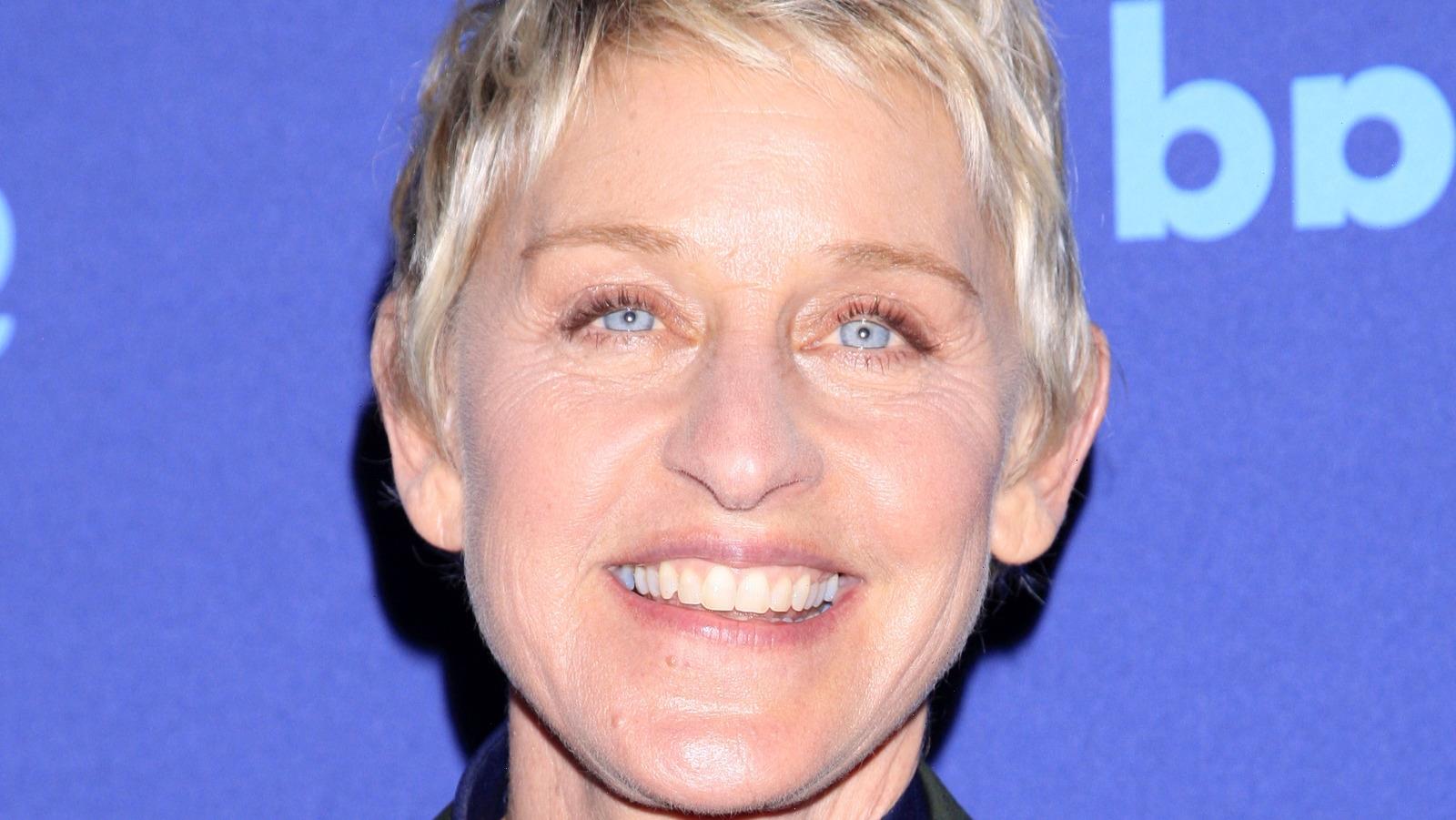It’s a truism that coming of age as a young queer person is a challenge in part because one’s own cultural heritage is not, in the mainstream, commonly taught. The AIDS epidemic wiped out so much life, so much culture, and so many potential guides; before that, the private lives of queer people looked unintelligible to those in the position to record history.
Into this gap strides FX’s “Pride,” a series of six documentaries. All running around 45 minutes, these films, together, attempt to tell the story of LGBTQ life in America in the late 20th century through the early 21st century. It’s an earnest goal, met with talent, ingenuity and seriousness of purpose. “Pride” offers strong and powerful evidence not merely of one community’s contributions to the nation, but of its long history. Only the reactions from cis and straight people have changed. Queer and trans Americans have always been here.
The six films, produced by Vice and Christine Vachon’s Killer Films, each appraise a different decade, from the 1950s to the 2000s — with the last installment expanding to encompass the present day. They’re executed with varying approaches: Cheryl Dunye’s film, about the 1970s, includes the pioneering lesbian filmmaker speaking directly to the camera. Andrew Ahn’s look at the 1960s includes a great deal of archival footage, also in the contemporaneous documentary “The Queen,” from a 1967 drag show, while Tom Kalin’s look at the 1950s includes the actor Alia Shawkat in a sort of restaging, whereby she dons period costume to speak the words of an early queer pioneer.
Some of these devices are more effective than others, as all come from a place of deeply earnest, searching curiosity and tenderness. An example: A device in the 1990s film in which contemporary queer people recite antigay speeches, like Pat Buchanan’s famous “culture war” address at the 1992 Republican National Convention, is obviously well-meant but also, well, obvious. The footage speaks for itself; adding people looking pained and disapproving doesn’t weaken the point but does feel like a flourish for its own sake.
But that film, directed by Yance Ford, does an elegant job in many ways. It brings together footage that was somewhat familiar, like the Buchanan speech, and some that felt brand-new, like a dialogue about obscenity between director Todd Haynes, whose films Vachon has long produced, and Christian Coalition leader Ralph Reed, moderated by Bryant Gumbel on “Today.” That this footage — of an artist defending his right to work pitted against a critic obsessed with what it is he’s depicting — aired on TV in living memory is striking from the standpoint of modern culture.
But it shouldn’t be. Part of the multifarious, intriguing case “Pride” makes is that the history of queer people and of the movement for their liberation has come a long way, but haltingly and as the result of monumental effort. “Pride” uses interviews with activists, authors, academics, and others to examine different facets of culture: The fight for legal recognition, or for the right to express oneself, or for real depiction in media and the arts. This last element brings producer Vachon, a living fount of information on being out in the entertainment industry, on-camera for an interview. And, as it goes on, its aperture widens, with the final installment coming to a close with images from last summer’s march for Black trans lives in Brooklyn.
It’s powerful to see a project with the backing of companies as powerful as it gets with fueled by as much passion and care as went into “Pride.” The concept of Pride tends to mix uneasily with corporate largesse — each June, celebrations of gay rights underwritten by entities eager to recast their logo in rainbow colors feel emptied-out and vacuous. But leave it to FX to allow filmmakers freedom to express an expansive, endlessly curious, big-hearted look at an ongoing struggle that leaves no one out. “Pride” is not perfect, and does not aim to be: What it is, to its credit, is the beginning of the story, told with certain key specifics. It leaves the viewer hungry to continue their own research.
“Pride” premieres on FX on May 14 at 8 p.m. ET/PT.
optional screen reader
Read More About:
Source: Read Full Article
